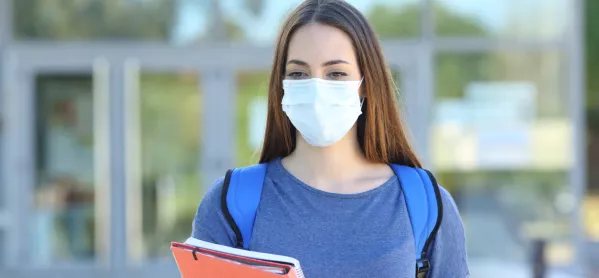Teachers are more likely than any other key workers to experience anxiety, concentration issues and feelings of hopelessness during the Covid-19 pandemic.
A survey by YouGov found that more than half of education staff (55 per cent) said they felt anxious “very” or “fairly” often as a result of their work while the coronavirus crisis has continued.
This compares with 53 per cent of healthcare staff; 40 per cent of delivery, transport, retail, postal, manufacturing and food workers; and 27 per cent of people working in safety and defence.
Coronavirus: Headteachers ‘feel like they are in the trenches’
School reopenings: 9 wellbeing issues to consider
Advice: Will fear of coronavirus affect your teaching?
Teachers were also more likely than any other critical workers included in the survey to have trouble concentrating (44 per cent) and suffer from feelings of hopelessness (29 per cent).
Meanwhile, the research found that 53 per cent of education workers said they were feeling stressed, 40 per cent reported that they had problems sleeping and 25 per cent said they felt angry.
Mary Bousted, joint-general secretary of the NEU teaching union, said teachers’ anxieties have been exacerbated by a “botched effort” from the government in meeting the “genuine safety concerns of all school staff”.
“Key workers have been under immense pressure throughout coronavirus, with teachers working above and beyond for every pupil in their care - whether in person or remotely,” she said.
“Anxieties have often been worsened by a government who dither and delay on guidance and have made a botched effort in meeting the genuine safety concerns of all school staff.
“There are now major questions to ask about the mental health and wellbeing of the whole nation as a result of the pandemic, and that is why wider opening of schools must take into account a duty of care for both staff and pupils who have all been affected by this crisis.”
A Department for Education spokesperson said: “We are enormously grateful to school leaders, teachers and other school staff for their resilience and commitment, and their mental health and wellbeing is hugely important as they support our children during this challenging time.
“We will continue to engage closely with the sector, as we have done over the past 12 weeks, as we work towards bringing all children back to school in September, because we know that the classroom is the best place for children to be.”




